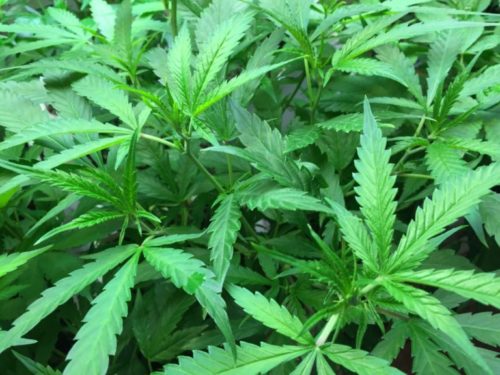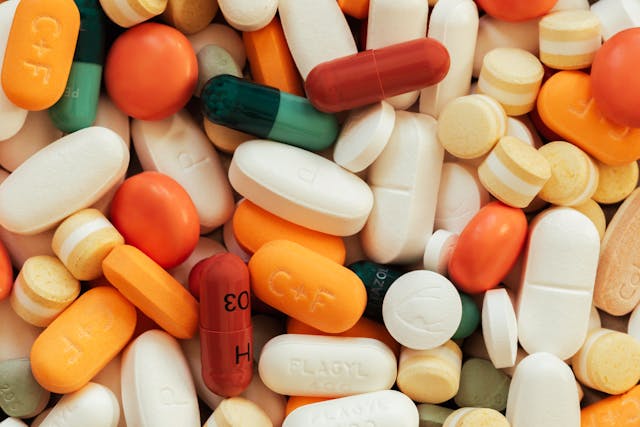
When a change as big as legalized marijuana happens in any given state, it’s no surprise that major and minor issues stem from these changes. While there’s a lot of relief between medicinal marijuana patients and recreational users, law enforcement officials are still trying to wrap their heads around certain aspects of the new law. Mainly, will legal marijuana cause a rise in DUIs in New Jersey? This is an important question that has raised many concerns in other states that have legalized marijuana as well. For instance, in states like Colorado and Washington, who have the most experience so far with the new weed laws, have seen a rise in DUIs and fatal car crashes. THC, the chemical compound of cannabis that’s identifiable in blood tests, has been found in a rising number of drivers. However, what do these tests really prove? Is there a direct correlation? Will legalized weed really cause a rise in DUIs in New Jersey?
Problem with Blood Tests to Prove DUIs in New Jersey
Proving that a driver is stoned or high when operating a vehicle has become one of the biggest issues that law enforcement faces. When someone smokes or digests marijuana, the THC will stay in their system for days, weeks, or even up to a month depending on the dosage and size of the person. If a driver is pulled over for reckless driving and they’re given a blood test under suspicion of intoxication, it’s very difficult to approach the situation from an objective perspective. If THC is found in the driver’s system, there’s no way of knowing if the driver was high while driving or if this was due to smoking weed days beforehand. This dilemma has already led to a series of issues with legal cases all over the country in legalized marijuana states. It’s clear how this inability to properly test drivers can result in false convictions of DUIs in New Jersey. In effect, it could lead to a rise in DUI cases but not necessarily legitimate DUI arrests.
Case Example
While there are many cases of DUI charges in which the driver was found with THC in their system, here’s one specific yet extreme example. After a fatal accident in South Jersey that killed a jogger and the passenger in the vehicle, the driver was given a blood test. This test showed that he had minimal amounts of THC in his system and he was charged with a DUI and two counts of vehicular homicide. The accident happened in 2015. He was just acquitted of the charges last year due to lack of evidence proving that he was impaired at the time of the accident. Even the National Highway Traffic Safety Administration urges legal experts and analysts not to use blood tests as evidence of impairment. This case and others like it will make it very difficult for prosecutors to identify drugged drivers and legitimate cases of DUIs in New Jersey.
Advanced Training for Police Officers
New Jersey state Senator Nicholas Scutari, a sponsor of the bill to legalize recreational marijuana, has made his opinion about blood tests in DUI cases clear. He states that “blood tests are rarely used in DUI cases” and tests like breathalyzers or field sobriety tests are more accurate. He believes that drivers who are operating vehicles under the influence “convict themselves with respect to videotape taken by body cams.” Scutari and other legislatures who support the bill are claiming that police observation in these circumstances are a much more accurate tool to determine impairment than a blood test. This is why the bill contains funding for advanced police training. In these training procedures, police officers will learn how to detect stoned or high drivers by implementing a number of sobriety tests.
If You’ve Been Charged with a DUI
It’s become quite clear that there is no way to quantify marijuana use in blood or urine tests and properly apply it as evidence in a DUI case. If and when weed becomes completely legal in New Jersey, those who use the drug will most likely have some level THC in their system at all times. There’s little doubt that this will have some effect on DUIs in New Jersey. If the statistics from states like Washington, Oregon, and Colorado prove to be true, there will be a rise in DUIs in New Jersey. If you feel as though you were wrongly convicted of a DUI due to a blood test showing THC in your system, it’s important to call a DUI attorney as soon as possible. The courts in New Jersey do indeed allow prosecutors to use blood tests as evidence, but THC in the blood system doesn’t point to guilt. Contact an experienced attorney today to learn more about your options.

